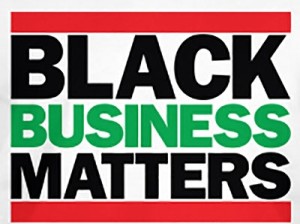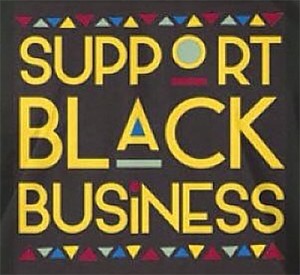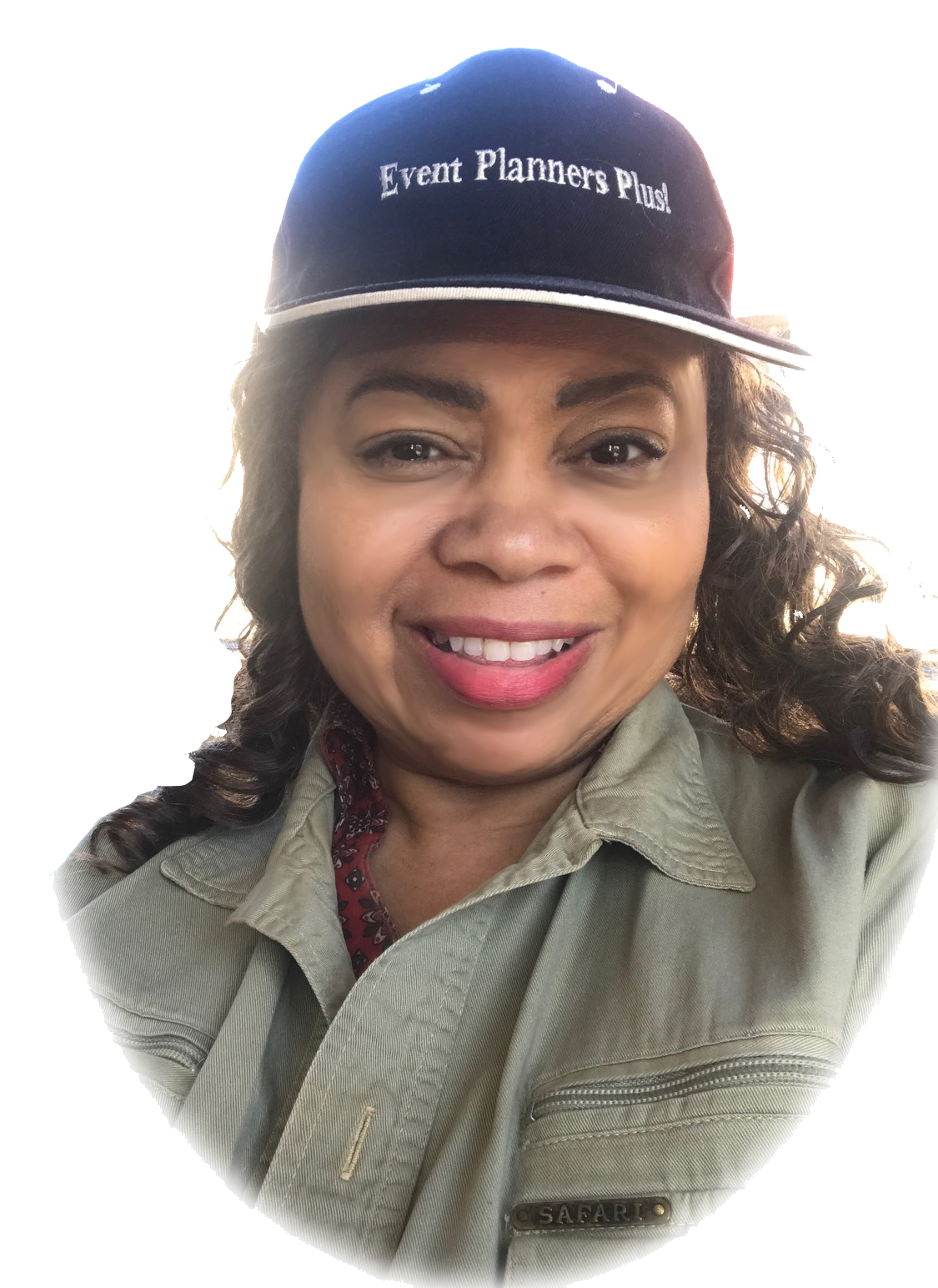CHICAGO — Should black people go out of their way to patronize black-owned business?
Maggie Anderson says they should. In 2008, with the economy in the middle of the worst downturn since the 1930s, Ms. Anderson enlisted her husband and two daughters in a yearlong plan to consume goods and services exclusively from black-owned businesses. The journey became a basis for her 2012 book, “Our Black Year,” the subject of several TED talks about how to increase wealth in the African-American community, and the narrative behind a current cross-country tour aimed at spreading her gospel.
 Blacks spend less money in black-owned businesses than other racial and ethnic groups spend in businesses owned by members of their groups, including Hispanics and Asians. A report by Nielsen and Essence estimates that black buying power will reach $1.3 trillion in the next few years, yet only a tiny fraction of that money is spent at black-owned businesses. Unless black people devote more attention to building wealth within the black community, Ms. Anderson and others contend, they will always be behind.
Blacks spend less money in black-owned businesses than other racial and ethnic groups spend in businesses owned by members of their groups, including Hispanics and Asians. A report by Nielsen and Essence estimates that black buying power will reach $1.3 trillion in the next few years, yet only a tiny fraction of that money is spent at black-owned businesses. Unless black people devote more attention to building wealth within the black community, Ms. Anderson and others contend, they will always be behind.
For Ms. Anderson, buying black presented multiple challenges. She purchased gas from a black-owned Citgo gas station 35 miles away from her home in Oak Park, Ill. Because that was inconvenient, she eventually bought gas cards from a black-owned store and used them at a station near her home. Finding a black-owned grocery store, bank and other establishments was more challenging than she had expected.
 “When I think back on that year, driving was the least of it,” said Ms. Anderson, a lawyer with a master’s degree in business administration. “It was heartbreaking taking in how the West Side and the South Side used to have so many business owners, and now most of those businesses are owned by outsiders.”
“When I think back on that year, driving was the least of it,” said Ms. Anderson, a lawyer with a master’s degree in business administration. “It was heartbreaking taking in how the West Side and the South Side used to have so many business owners, and now most of those businesses are owned by outsiders.”
Critics of Ms. Anderson’s book said she was discriminating by refusing to buy from businesses owned by whites and other ethnicities. And some argued that promoting black-on-black business could do more harm than good if it discouraged black entrepreneurs from trying to serve all consumers.
But Ms. Anderson says that her goals are inclusive, and that she has also sought to encourage companies in industries like fashion, entertainment and liquor that profit from black clientele to do more to support black communities and do business with black suppliers.
“When we think about diversity, we still think about H.R. diversity,” Ms. Anderson said at a public meeting here in Chicago, referring to human resources and recruiting for jobs. “It’s not about H.R. diversity; it’s about supplier diversity. If you want us to do business with you, you have to do business with us.”
She noted that black-owned businesses employed high percentages of black people, multiplying the benefits of buying from them.
“At first, I did take it personally that people would call us racist,” Ms. Anderson said. But “if we want to create jobs in the black community, we have to support black businesses.”
Read more by By


